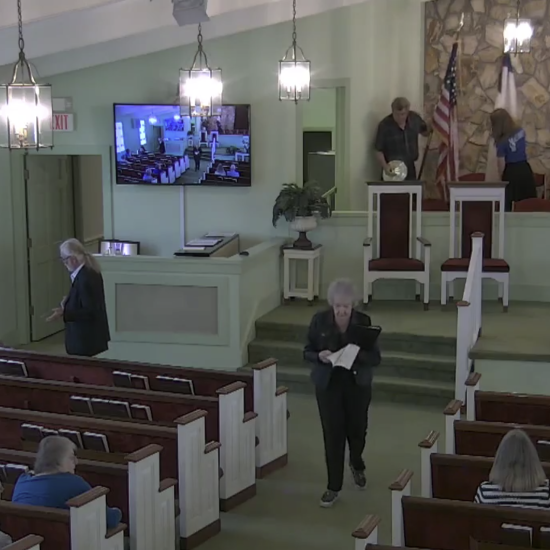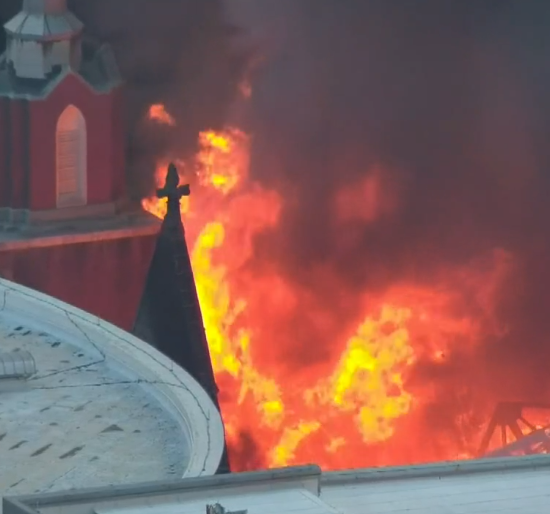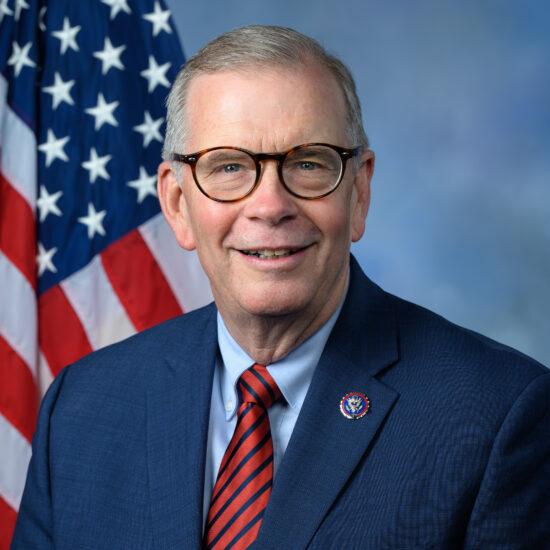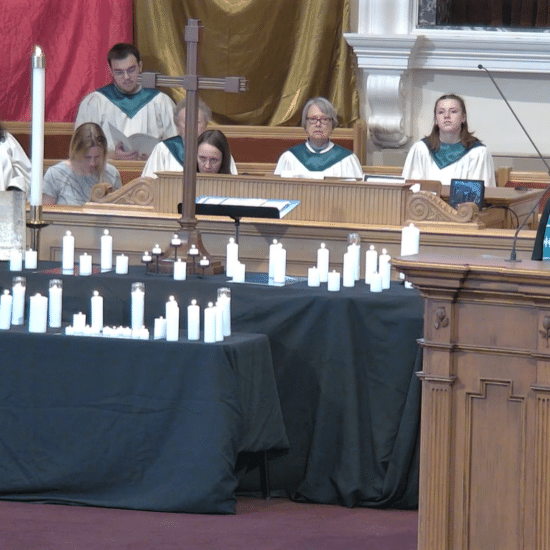WINSTON-SALEM, N.C. — Former President Jimmy Carter said baptisms are declining in the Southern Baptist Convention because doctrinal bickering gives Christianity a bad name.

Jimmy Carter speaks at the New Baptist Covenant Southeast meeting. (Ken Bennett/Wake Forest University)
|
Carter, a Baptist Sunday school teacher for 66 years who publicly parted ways with the nation's largest Protestant denomination in 2000, said while denominations struggle and church growth has plateaued in America, the Christian faith is expanding rapidly in other parts of the world like Africa, South America and Asia.
Addressing more than 1,000 Baptists at the closing session of the April 24-25 New Baptist Covenant Southeast regional gathering in Winston-Salem, N.C., Carter said people around the world do not associate Baptists in the United States with terms like "harmony," "peace" and "cooperation" but rather as a contentious and divided group.
"It is this image of division as we struggle for authority over each other," Carter said, that hinders evangelism. "The arguments and the animosity in the Christian faith are like a cancer metastasizing in the body of Christ," Carter said. "This diverts us from Christ's ministry and presents a negative image of Christianity."
Carter said he convened a group of Baptists several years ago, including several leaders of the Southern Baptist Convention, who agreed to talk without criticizing each other and came up with a statement of agreement including the inspiration of Scripture, local church autonomy and respect for all people.
Carter said those words and the unity effort became meaningless in 2000, when the Southern Baptist Convention narrowed its doctrinal parameters to exclude women from serving as pastors.
Carter said issues like women's roles in the church and home, the theory of evolution, abortion and how to respond to homosexuality are important, but they are not as important as the common belief that salvation is attained by grace through faith in Jesus Christ.
Carter said expansion from a few thousand Christians during the New Testament era to 30 million Christians in the Roman Empire would not have been possible if Christians then were as divided as they are today.
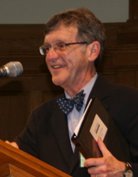
Bill Leonard welcomes worshipers to meeting.
|
About three years ago, Carter said, he met with a group of black and white Baptists to seek unity around issues like religious liberty and care for the poor. Those discussions resulted in a gathering of about 15,000 Baptists from across North America in 2008 in Atlanta, and a series of regional New Baptist Covenant meetings in 2009.
Jimmy Allen, coordinator of the New Baptist Covenant, said the movement has started to build trust to allow diverse Baptist organizations to work together as equals. "The most powerful force on Earth is an idea that has found its day," Allen said. "There's something going on that God is doing."
Bill Leonard, dean of Wake Forest Divinity School, the meeting's host, said the event "was beyond my wildest dreams."
"So many people worked to help," he said. "It really was a people movement. It just all fit together."
The theme of the gathering was "God's Year to Act," based on the importance of Baptist Christians responding to the Luke 4 call of preaching the gospel of care for the poor, freedom and healing during a time of economic recession.
Along with worship sessions, participants attended workshops offering training on hands-on ministries like ministry to immigrants, the homeless and after-school programs for students in public schools.
Allen said the best outcome of the meeting would be for people from different Baptist groups to contact one another in the coming weeks and months to talk about concrete ways they can work together to put that training to use.
Bob Allen is senior writer for Associated Baptist Press.


